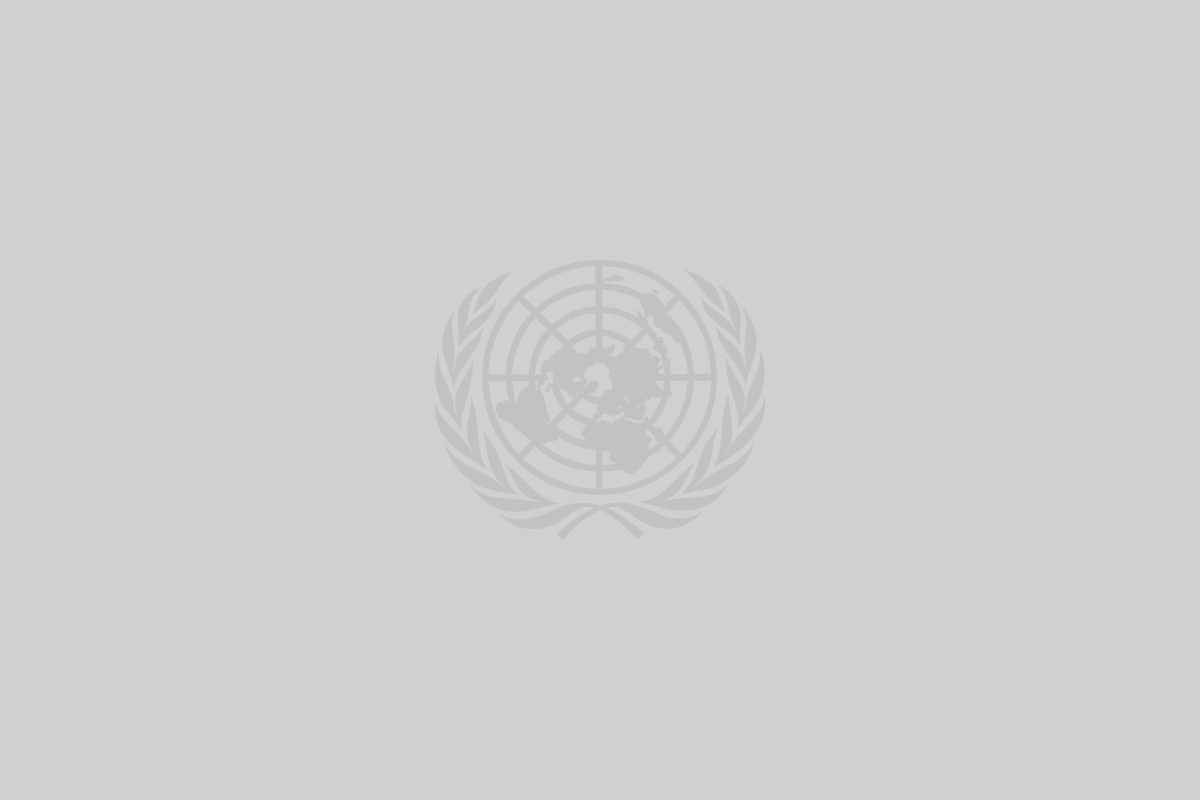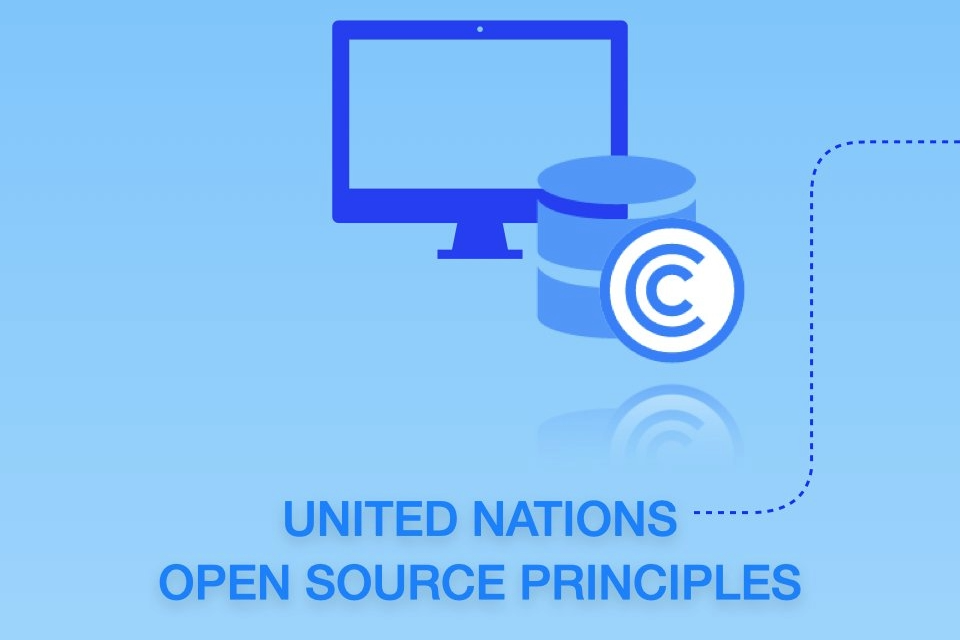The United Nations, the African Union (AU), and the North Atlantic Treaty Organization (NATO) recently held a joint workshop at the UN Regional Service Centre in Entebbe (RSCE), aiming to strengthen multilateral collaboration on peace support training.
The three-day workshop (7-9 April 2025) brought together key stakeholders from the following entities:
- NATO Headquarters
- UN Department of Operational Support (DOS)
- Department of Peace Operations (DPO)
- AU Peace Support Operations Division (PSOD)
- United Nations Office to the African Union (UNOAU)
- UN Mine Action Service (UNMAS)
- Triangular Partnership Programme (TPP)
- United Nations C4ISR Academy for Peace Operations (UNCAP)
- Field Technology Service Chiefs from UN missions, including the United Nations Multidimensional Integrated Stabilization Mission in the Central African Republic (MINUSCA), United Nations Mission in South Sudan (UNMISS), United Nations Support Office in Somalia (UNSOS) and United Nations Interim Security Force for Abyei (UNISFA).
The event was built on the outcomes of previous UN-NATO talks and marked a key milestone in advancing joint efforts under the new framework created by UN Security Council Resolution 2719 (2023) on African Union Peace Support Operations (AU PSO) financing and operations.

NATO’s involvement further reinforced the trans-regional support to African peace operations, drawing on its expertise in defense capacity building, particularly in information and communications technology, C4ISR, and counter-IED (C-IED) training. Experts showcased capabilities and support mechanisms
Discussions helped identify NATO’s potential contributions in technical cooperation, knowledge-sharing and training standardization alongside UN and AU partners.
Key Objectives
- Reviewing and refining the UNCAP Programme of Work (PoW) for 2025.
- Mapping NATO-UN cooperation in C4ISR and ICT training.
- Defining the future structure and strategic direction of the new UN Defense Capacity Building (DCB) programme to begin in 2026.
- Leveraging existing NATO-AU political cooperation pathways, including a joint Training Needs Assessment (TNA) for C4ISR.
- Mainstreaming climate-security considerations into UN DCB planning.
Highlights
- A dedicated AU session focused on outlining continental priorities for C4ISR capacity building, was led by Eustace Chiwombe and Jane Chirwa of the AU PSOD, in close coordination with UNOAU’s Kwaku Frimpong. The session provided a comprehensive overview of the AU's strategic goals and their alignment with the UN and NATO's objectives.
- NATO and UNCAP experts showcased their technological capabilities and support mechanisms, including successfully executing the first DCB package for the UN and the VILT platform, instilling confidence in these C4ISR and adding mentoring support.
- Triangular Partnership Programme (TPP) discussions emphasized the need for integrated, scenario-based training aligned with AU PSO realities.
- All sides agreed to formalize signals and ICT capacity-building cooperation, including support for AU training centers, marking significant progress in this crucial area of peace support operations.
The workshop's outcomes will inform an updated 2025 UNCAP PoW, a draft concept paper for the new DCB programme, and a roadmap for a joint AU-NATO-UN TNA. An action plan on integrating climate-security themes into peace operations training is also being developed.





